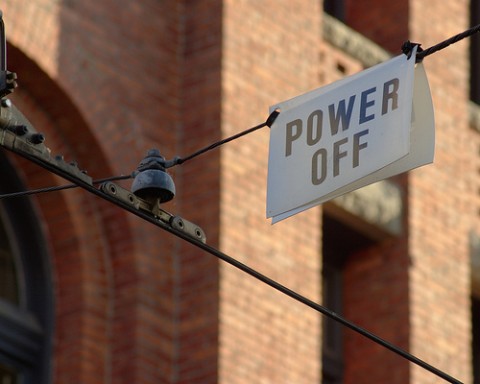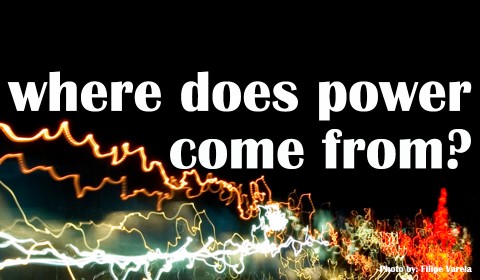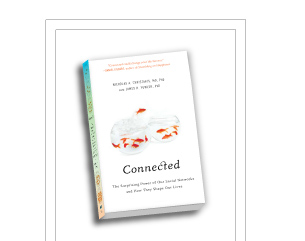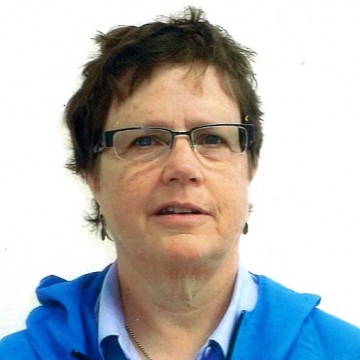May 12, 2010

|Photo by A Perfect Vacuum|http://www.flickr.com/photos/jamesmuckian/515141082/sizes/m/|
This is the fourth in a series of postings about power and group facilitation processes, based on research from a few years ago. Today’s post is about how power is built into group narrative.
As I was doing research, I came across a batch of work about narrative theory by Sara Cobb and Janet Rifkin (cited below). Cobb and Rifkin researched how a narrative is constructed and what impact it has on the ultimate outcome of mediation sessions. They found that the first story told tends to be privileged and “colonize” later stories told.? By framing the discussion to come, this initial story tends to narrow and define the direction of the ensuing conversation. Later versions are generally tied to the initial story and thus are unable to be fully developed. And the outcome of mediation is generally tied to the initial story. Read More
May 5, 2010

More about power and group processes. There have been a mountain of books written about the “bases of power” and the “types of power”. I’ve done some work to try to boil it down – and find thinking about this very useful in moving forward the conversation about how to address power issues in group processes.
Read More
April 28, 2010

|Photo by Carina Ice|http://www.flickr.com/photos/carinaice/4232182696/|
One of the first questions you might ask when thinking about looking at power dynamics in group facilitation is what IS power anyway? This seemingly simple question, of course, is not really all so simple after all. What do you think? How would you describe power?
When I first started trying to answer this question for myself, I found that I was overwhelmed with material -? literally hundreds and hundreds of books about what power is, where it comes from, how it operates, etc.? For many, a definition of power has to do with the ability to force something to do something they wouldn’t have done otherwise – a coercive definition of power.? Feminist psychologist Jean Baker Miller described power as “the capacity to produce a change.” Others (and in fact, our common terminology) talks about power as a “thing” that can be divided, shared, owned, and transferred. Read More
April 21, 2010

|Photo by Great Beyond|http://www.flickr.com/photos/tonyjcase/2759363747/|
A few years ago, I researched and wrote a masters’ thesis on addressing power dynamics in collaborative process design and facilitation.? I was doing the study based on great questions raised over the years by Cyndi Suarez (Co-Director of Northeast Action) – and with the belief that if power dynamics are not well understood and addressed, group process facilitators are likely to unknowingly reinforce the status quo – a scary thought for those of us working on social justice and social change!
Read More
April 21, 2010

|Photo by Great Beyond|http://www.flickr.com/photos/tonyjcase/2759363747/|
A few years ago, I researched and wrote a masters’ thesis on addressing power dynamics in collaborative process design and facilitation.? I was doing the study based on great questions raised over the years by Cyndi Suarez (Co-Director of Northeast Action) – and with the belief that if power dynamics are not well understood and addressed, group process facilitators are likely to unknowingly reinforce the status quo – a scary thought for those of us working on social justice and social change!
Read More
April 14, 2010
Over the years, those of us at IISC have had great conversations about busyness – the ways in which we, as social change activists, process designers and facilitators, find ourselves sometimes being overly busy, taking on too many responsibilities and running from one thing to the next. Some of us mentioned noticing that our ability to do things well sometimes seems impaired by this overly busy approach. (I would add that this is not something confined to those of us working for social justice and social change – but has a special twist when it’s combined with this work, which so requires us to bring forth our best selves.)
Read More
March 31, 2010
Today, IISC and friends will be spending the day digging into how to advance the use of networks for social change. We’ll post about it afterward – but if you want to check out the conversation as we go, follow #NTWK on twitter. See you there!
March 24, 2010

|Photo by Dazzie D|http://www.flickr.com/photos/dazzied/427180864/|
At the 2008 White Privilege Conference, I went to a workshop on Critical Liberation Theory, led by Barbara Love, Keri DeJong, Christopher Hughbanks, Joanna Kent Katz and Teeomm Williams.? I was re-reading the piece they gave out at that workshop, talking about the ways that we can each take daily actions toward liberation.? This, they suggested, requires first clearly articulating our own theory of liberation, through which we can then build a praxis of liberation – daily work that brings us in the direction of liberation itself.? They talked of the need to know fully where you’re coming from (understanding oppression), but to look forward toward liberation. Otherwise, they described it as if one were leaving on a car trip from Massachusetts to drive to California while looking out the back window instead of looking at the road ahead.
Read More
March 17, 2010
 I had the great fortune of attending the Kirwan Institute‘s conference – Transforming Race: Crisis and Opportunity in the Age of Obama – in Columbus, Ohio last week. Among many great sessions – including two by Cynthia Silva Parker and Melinda Weekes of IISC – was a track about “Race Talk”– the importance of talking explicitly about race.
I had the great fortune of attending the Kirwan Institute‘s conference – Transforming Race: Crisis and Opportunity in the Age of Obama – in Columbus, Ohio last week. Among many great sessions – including two by Cynthia Silva Parker and Melinda Weekes of IISC – was a track about “Race Talk”– the importance of talking explicitly about race.
Read More
March 17, 2010
 I had the great fortune of attending the Kirwan Institute‘s conference – Transforming Race: Crisis and Opportunity in the Age of Obama – in Columbus, Ohio last week. Among many great sessions – including two by Cynthia Silva Parker and Melinda Weekes of IISC – was a track about “Race Talk”– the importance of talking explicitly about race.
I had the great fortune of attending the Kirwan Institute‘s conference – Transforming Race: Crisis and Opportunity in the Age of Obama – in Columbus, Ohio last week. Among many great sessions – including two by Cynthia Silva Parker and Melinda Weekes of IISC – was a track about “Race Talk”– the importance of talking explicitly about race.
Read More
February 24, 2010

|Photo by Philip Bouchard|http://www.flickr.com/photos/pbouchard/2826560107/sizes/m/|
I just had the great fortune of spending seven days in Dakar, Senegal (and traveling back and forth to it). An amazing trip – and the two twenty hour travel days gave me time to really dig into the book “Connected: The Surprising Power of Our Social Networks and How They Shape Our Lives” by Nicholas A. Christakis and James H. Fowler.? I read it within the context of doing work in Senegal on a project that’s global in scope – and also thinking back to many of the other initiatives I’ve worked on.
Read More
February 17, 2010

I’ve been reading, with great fascination, the book Connected: The Surprising Power of Our Social Networks and How They Shape Our Lives by Nicholas A. Christakis and James H. Fowler — and I read a fascinating article in the New York Times yesterday morning about the rise of the Teaparty Movement across the US. And I’m fascinated by the intersections.
I’d heard about Christakis and Fowler’s research a while ago – when they announced that things like obesity and love move through networks. Upon closer reading, I’m fascinated that there are, generally, three degrees of influence. That we are affected by our friends (one degree), by the friends of our friends (two degrees) and by the friends of their friends (three degrees). Beyond that, there’s not much that’s measurable. But at three degrees of influence, we are deeply influenced by a large number of people! And it’s who are in many ways local to us (though certainly that is changing). Read More







 I had the great fortune of attending the
I had the great fortune of attending the  I had the great fortune of attending the
I had the great fortune of attending the 
